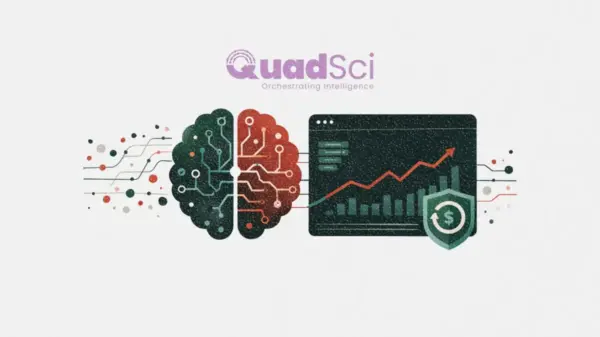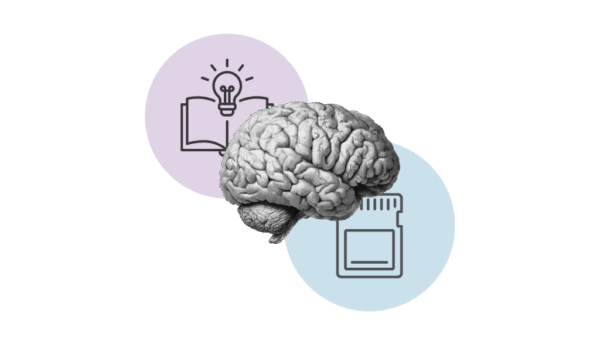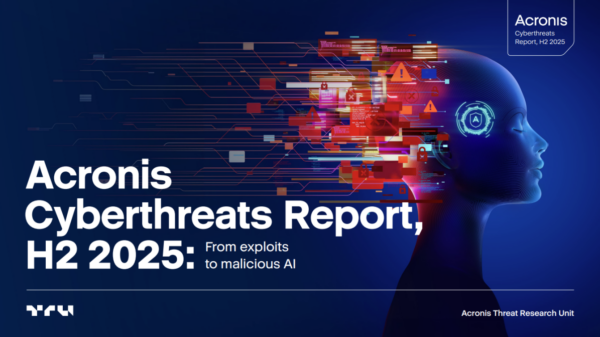Trust in AI: Bridging the Gap for Australian Executives
Recent research from The University of Melbourne and KPMG highlights a significant divide in the perception of artificial intelligence (AI) among Australians. The study reveals that although 50% of the population regularly engages with AI technologies, only 36% express trust in these systems. This statistic indicates a prevailing sense of caution among the general public regarding AI’s reliability and implications.
However, this cautious sentiment contrasts sharply with the perspective of business leaders. A forthcoming study commissioned by Airwallex indicates that a staggering 91% of Australian executives view the delay in adopting AI as a greater risk than its implementation. These leaders cite critical areas such as operating costs, competitiveness, and productivity as being at stake if organizations fail to adapt to AI technologies.
Transforming Finance: The Rise of Conversational AI
The financial sector is a key area where AI is rapidly gaining traction. Historically, institutional banking relied heavily on manual oversight, which fostered a sense of corporate trust. However, as business complexities increase and speed becomes paramount, leaders are recognizing that human diligence alone is insufficient. More than four in five financial professionals surveyed reported the integration of AI into their financial operations, marking a significant shift.
The evolution of business finance can be segmented into four distinct phases:
- Manual Management: Traditional banking methods and spreadsheet processes.
- Digitization: The emergence of SaaS finance tools and cloud-based services.
- Automation: Integrated systems that streamline routine tasks.
- Autonomy: The developing era of AI agents acting on behalf of users.
We are now on the cusp of this fourth phase, where business leaders will soon engage with their financial systems through simple conversations. Imagine the ability to ask, “Why were expenses higher this quarter?” and receive an immediate, graphical breakdown by department, complete with flagged anomalies and optimization suggestions. This revolutionary approach will allow users to take action directly based on AI-generated insights.
AI will not only verify documents and track transactions but also model future cash positions and recommend optimal investment strategies for idle funds, enhancing both transparency and control in financial decision-making. Users will have the flexibility to dive deeper into the mechanics behind these AI-driven choices, ensuring visibility into the decision-making process.
The Future Role of CFOs in a Data-Driven World
As we look ahead, the role of the Chief Financial Officer (CFO) is expected to transform dramatically. Tomorrow’s CFO will not just analyze data; they will collaborate with intelligent systems that manage it. This shift from visible applications to invisible intelligence will deepen connections to financial data, uncover insights, and eliminate barriers that hinder decision-making.
Utilizing AI as a strategic partner will have profound implications for how businesses operate, making financial interactions feel as natural as conversations. By adopting AI technologies, organizations stand to gain significant time savings and operational efficiencies, fundamentally changing the landscape of financial leadership.
Shannon Scott, Senior Vice President of Product at Airwallex, emphasizes that the goal is to make these advanced financial systems easily accessible to users, ensuring safety, accountability, and control.
As trust in AI continues to evolve, the gap between public skepticism and executive optimism presents both challenges and opportunities for the Australian business landscape. The coming years will likely see a significant shift as more organizations embrace AI not only as a tool but as a critical partner in driving business success.
 Nvidia Surpasses Q3 Earnings Estimates with $65B Revenue Forecast, Stock Jumps 5%
Nvidia Surpasses Q3 Earnings Estimates with $65B Revenue Forecast, Stock Jumps 5% McKinsey Reveals Agentic AI Could Boost Financial Crime Detection from 2% to New Heights
McKinsey Reveals Agentic AI Could Boost Financial Crime Detection from 2% to New Heights AI Data Center Expansion Drives DRAM Prices Up 60%, Impacting Consumer Electronics
AI Data Center Expansion Drives DRAM Prices Up 60%, Impacting Consumer Electronics Wall Street and FTSE Rise as US Jobs Report Shows 119,000 New Positions Despite 4.4% Unemployment
Wall Street and FTSE Rise as US Jobs Report Shows 119,000 New Positions Despite 4.4% Unemployment AI Boom Fuels Nvidia’s $4.5 Trillion Valuation Amid Rising Market Risks
AI Boom Fuels Nvidia’s $4.5 Trillion Valuation Amid Rising Market Risks







































































